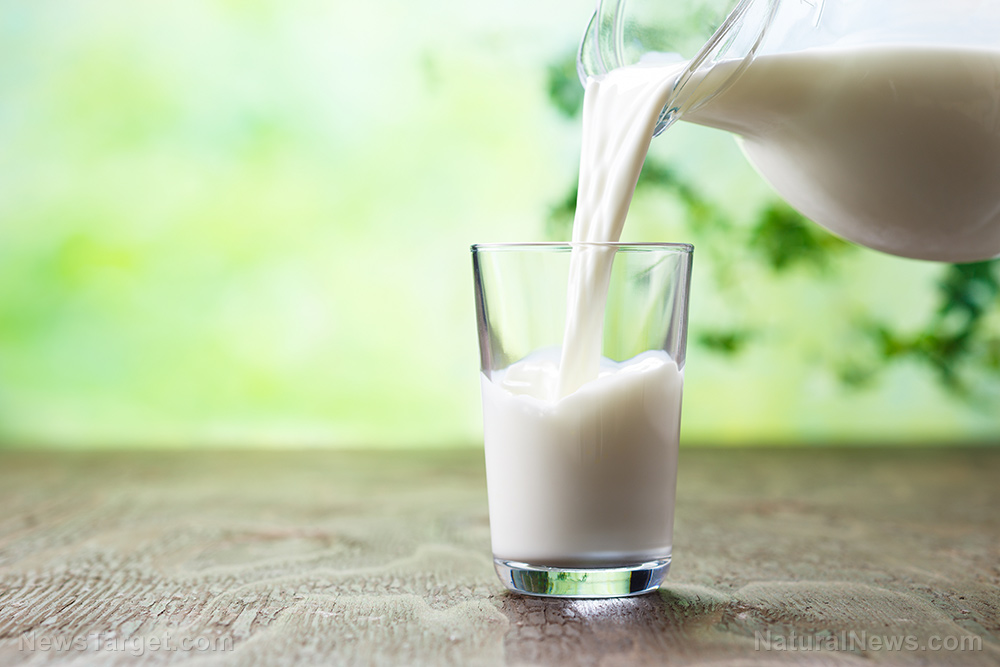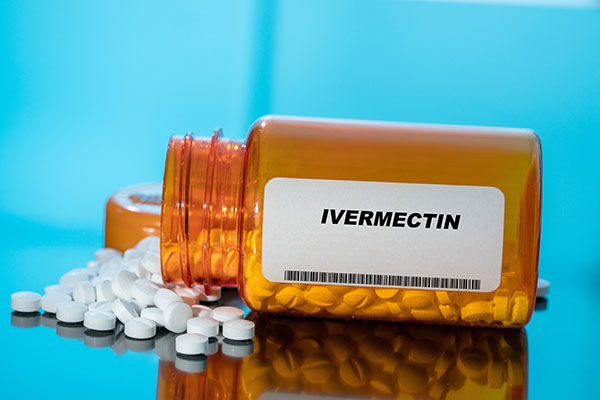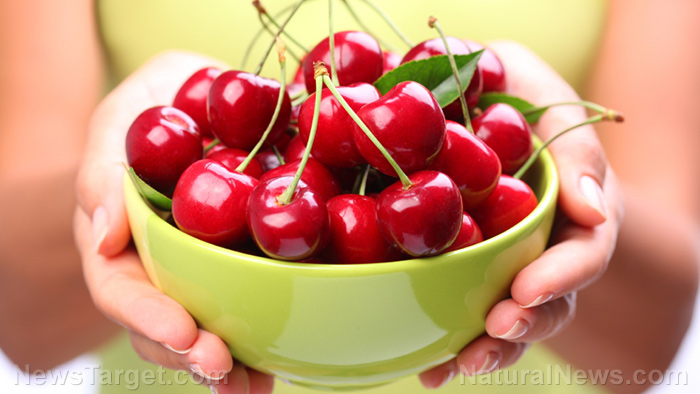Lipids from camel milk exhibit in vitro anti-inflammatory properties
11/27/2019 // Evangelyn Rodriguez // Views
Tags: anti-inflammatory, camel milk, cholesterol, fatty acids, food cures, food is medicine, functional food, goodfoods, goodhealth, goodmedicine, goodscience, immune system, natural cures, natural medicine, nutrients, prevention, research, superfoods

- Camel milk is known for its anti-diabetic and health-promoting properties.
- The lipids in camel milk have also been reported to have anti-inflammatory effects. However, the mechanism behind these effects are not well-studied.
- To determine how total lipids (TL) and total fatty acids (TFA) from camel milk can affect diabetic inflammation, the researchers used an in vitro model of differentiated THP-1 (dTHP-1) cells stimulated with glycated serum albumin (gBSA). These cells were pre-treated with TL or TFA before gBSA.
- Using GC-MS, the researchers found that TL is 96 percent triacylglycerol (TAG) while TFA is 65 percent saturated fatty acids and 35 percent unsaturated fatty acids.
- Both TL and TFA decreased gBSA-induced secretion of pro-inflammatory cytokines like tumor necrosis factor-a (TNF-a) and interleukin-1B (IL-1B).
- TL demonstrated the ability to regulate the expression of p50/p65 subunits of nuclear factor-kappa B (NF-kB) while concomitantly increasing the expression of regulatory cytokines like IL-10, IL-1 receptor antagonist (IL-1Ra) and cluster of differentiation 163 (CD163)-shifting cells toward an M2 macrophage phenotype.
- In addition, TL regulated the expression of nucleotide-binding oligomerization domain-like receptor family pyrin domain containing-3 (NLRP3) inflammasome subunit and its regulator, ten-eleven translocation-2 (TET-2).
Based on these results, the researchers concluded that camel milk lipids can regulate gBSA-induced macrophage inflammation in vitro by controlling the expression of key inflammatory regulators like NF-kB and NLRP3 inflammasome subunit.
Journal Reference:
Al-Nasseri RH, Al-Ruqashi H, Al-Sabahi J, Al-Harrasi A, Kenekanian A, Banerjee Y, Morris K, Hassan N. LIPIDS DERIVED FROM CAMEL MILK REGULATE NLRP3 INFLAMMASOME-DEPENDENT INFLAMMATORY RESPONSES IN HUMAN MACROPHAGES. Functional Foods in Health and Disease. 2019;9(4):224. DOI: 10.31989/ffhd.v9i4.567
Related Topics
anti-inflammatory camel milk cholesterol fatty acids food cures food is medicine functional food goodfoods goodhealth goodmedicine goodscience immune system natural cures natural medicine nutrients prevention research superfoodsLatest News
Related News
05/10/2023 / By Olivia Cook
04/19/2023 / By Olivia Cook
03/22/2023 / By Oliver Young
03/07/2023 / By Olivia Cook
03/02/2023 / By Olivia Cook
02/16/2023 / By Zoey Sky
Take Action:
Support Natural News by linking to this article from your website.
Permalink to this article:
Copy
Embed article link:
Copy
Reprinting this article:
Non-commercial use is permitted with credit to NaturalNews.com (including a clickable link).
Please contact us for more information.
Please contact us for more information.






















